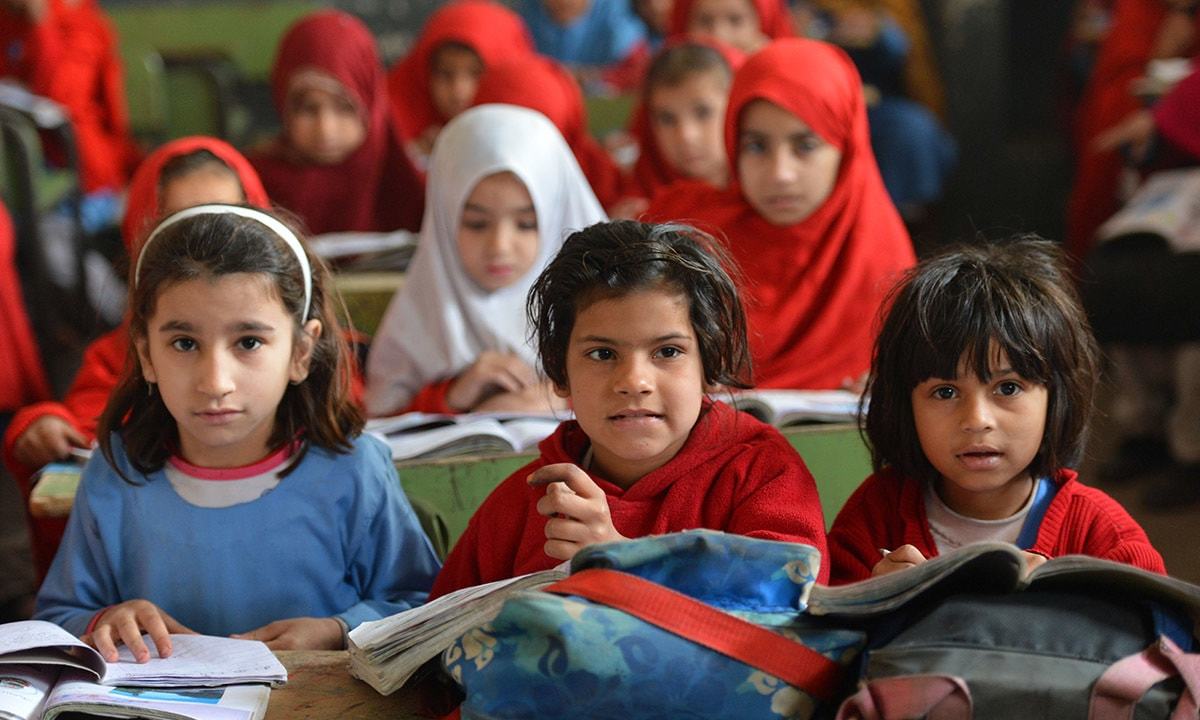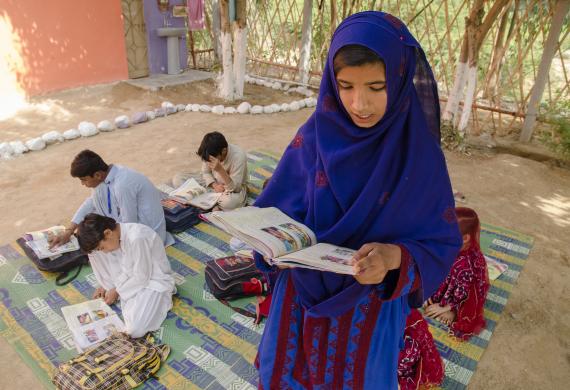
November 24, 2023
Lack of education: Limited access to quality education leads children to drop out of school and engage in work. How did the Human Rights Welfare Society Pakistan fill this gap?
Ans.The Human Rights Welfare Society Pakistan acknowledges the significance of addressing the lack of access to quality education as a crucial factor contributing to child labor. To fill this gap, the society has implemented several initiatives:
- Establishing Education Centers: The society sets up education centers in areas with high rates of child labor, ensuring that these centers are easily accessible to the community. These centers provide formal and non-formal education opportunities, allowing children who have dropped out of school to continue their education in a supportive environment.
- Enrolling Out-of-School Children: The society actively engages with families and communities to encourage and enroll out-of-school children in educational programs. Through door-to-door awareness campaigns, community meetings, and collaboration with local authorities, they identify children who are not attending school and work to enroll them in schools or education centers.
- Providing Scholarships and Financial Support: Recognizing that financial constraints can hinder families’ ability to send their children to school, the society provides scholarships and financial support to cover school fees, books, uniforms, and other educational expenses. This helps reduce the financial burden on families and encourages them to prioritize education over child labor.
- School Infrastructure Development: The society works towards improving school infrastructure, including constructing or renovating classrooms, providing clean drinking water, sanitation facilities, and safe learning environments. This aims to enhance the appeal and quality of local schools, making them more desirable for children to attend.
- Capacity Building for Teachers: The society conducts teacher training programs to enhance the quality of teaching and learning in schools. These programs provide teachers with pedagogical skills, classroom management strategies, and subject-specific training to deliver effective and engaging education to students.
- Parent and Community Engagement: Recognizing the importance of parental and community support in promoting education, the society conducts awareness programs for parents and community members to highlight the benefits of education and the negative consequences of child labor. They also engage parents in school management committees to foster a sense of ownership and accountability for the education of their children.
- Advocacy and Policy Reform: The society actively advocates for policies and reforms at the government level to address the barriers to access and quality education. They collaborate with relevant stakeholders to promote inclusive and equitable education systems, push for legislation that protects children’s right to education, and advocate for increased funding for education.

By implementing these initiatives, the Human Rights Welfare Society Pakistan aims to fill the gap in access to quality education and create an enabling environment that discourages child labor and promotes education as a means to a better future.
All Categories
- Agricultural Methods
- Agriculture and Women Small Farmers Rights Awareness
- Climate Change
- Disable and Human Rights
- Disable Jobs
- Donation
- Education
- Health Issues
- Organic Foods
- Organic Vegetables
- Orphans Children
- Plastic production and disposal
- Services
- Sinking in Scarcity
- Success Stories
- Uncategorized
- Waste Management
- Women Rights
- Youth Empowerment
Recent Posts
Muhammad bukhsh0 Comments
Chairperson of Senior Citizen Forum Sargodha, Recently Visited Sundus Foundation Thalassemia Center
Muhammad bukhsh0 Comments
Climate Change Communication: Fostering Public Awareness and Understanding
Muhammad bukhsh0 Comments




